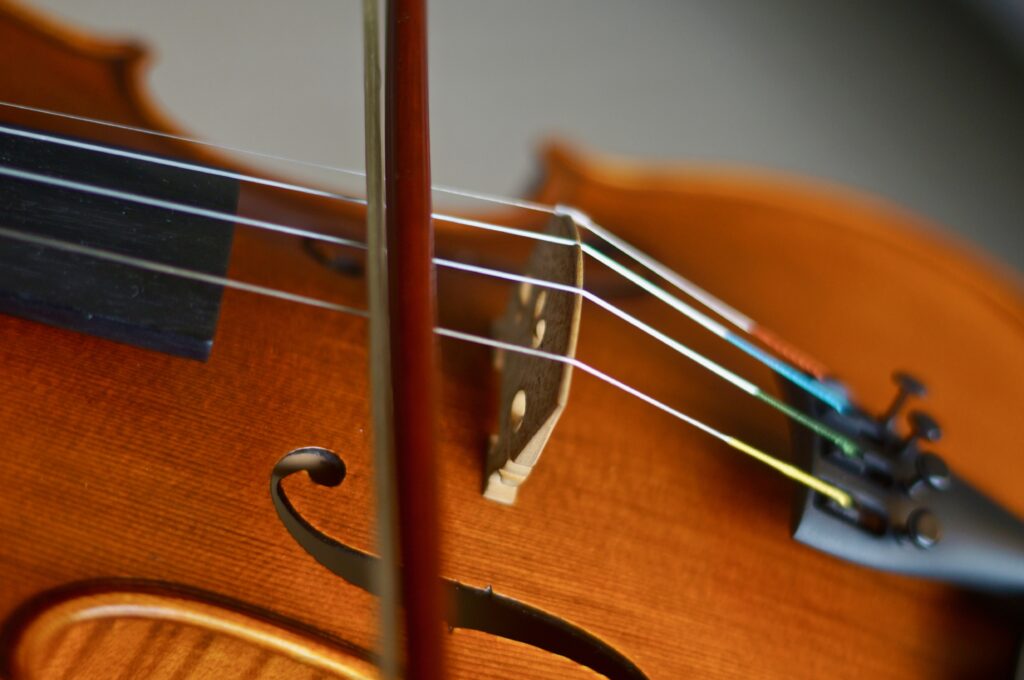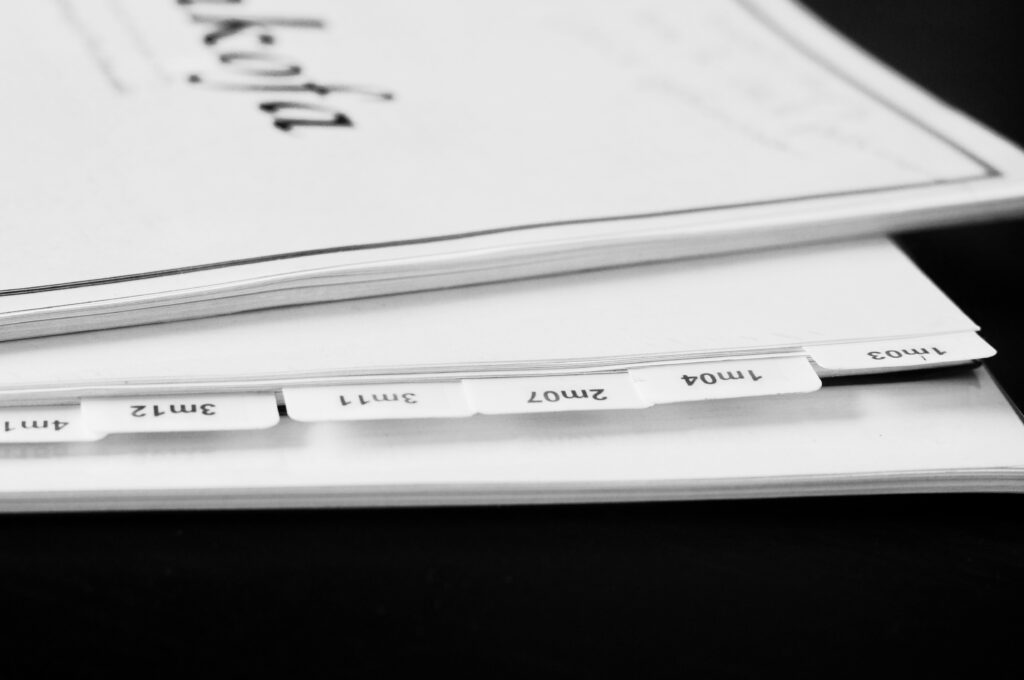I became an orchestrator by accident. It’s not exactly a job you find as an answer on high-school career quizzes. I hadn’t even heard of it until I was almost finished with my graduate studies, and trying to figure out how to bridge the gap between education and employment. However, my mentor, Jonathan Beard, was drawn to the timbre of the orchestra (with its vast array of possible sound colors) since middle school, and thus eventually sought out a career in orchestration.

Largely though, it is an undiscovered profession to the outside world. I find myself explaining what an orchestrator is at least once every few weeks, though I never get tired of telling people what I do. This is the nutshell:
In film, when a composer is finished composing, usually his or her material is in digital mock-up form. Our job is to take that (usually) digital material, and to translate it into sheet music for the musicians to record. As we get the notes on the page, we add dynamics, articulations, instructions, and anything else the performer will need to make the music sound how the composer intends it to sound.
Much of the time, the composer’s mock-ups are very thorough. But in some cases, particularly in television, there is very little time allotted for composition, so the orchestrators may be expanding ideas or effects that the composer indicates but doesn’t have the time to actually write out himself. In other cases the composer may have written her ideas into a 1000-piece “digital” orchestra, meaning that the orchestrator might be condensing everything into the 60-piece orchestra that will be at the recording session.

Most importantly though, (and what really makes this job fun) is that orchestrators are the backstop to making the music work to the best of its ability with live players. We hold and apply our knowledge of timbre, tonality, technique, rhythm, notation, instrumentation, intotation, music history, music terminology, music genre and more, so that the sheet music has everything it needs to be an accurate and impeccable realization of the composer’s vision.
We are also there in the recording session to offer advice and solutions to any questions or issues that arise. The lead orchestrators in the team that I work for (Tutti Music Partners) have helped booth for so many different orchestral lineups, they can even offer advice tailored for the specific orchestra that is recording. We are the last line of defense for playability and practicality. Our job is not just to get the notes on the page, but to make sure that the page delivers organic music, and not just notes.
That is what makes this job so satisfying and so fun for me. Every day, I get to use everything I’ve learned from my 10 years of music education, my 22 years as a musician, and the hundreds of ounces of blood, sweat, and Starbucks that went into my Ph.D. of Music degree. This job gives me undisputed permission to become a brainiac of notation and sound, so that I can be a small piece of what helps this already outstanding music sound phenomenal.
If you have any questions or comments about this article, don’t hesitate to contact me!



